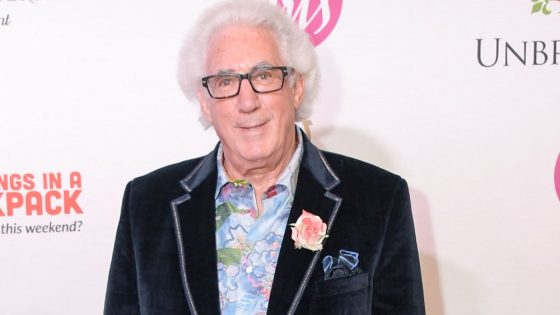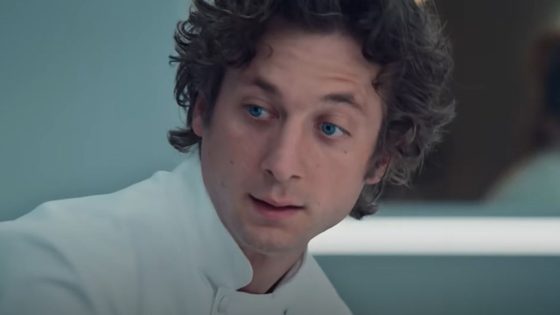For the past 10 weeks, a Hollywood producer has faced off against a studio in a Santa Monica courtroom stemming from a civil case that has caused barely a news ripple.
Back in January 2018, “Lone Survivor” producer Norton Herrick sued toy giant Mattel over a 2018 contract dispute regarding the production of Mattel’s reality competition show “The Toy Box,” which ran on ABC for two seasons.
In his initial complaint, Herrick claimed he brought a project to Mattel in June 2014 called “Playmakers,” which revolved around contestants pitching their toys to child judges and winning prize money. According to the suit, Mattel executives loved the idea and indicated they were moving forward with it only to pursue a replica without his involvement. The “Barbie” producer ultimately produced a similar version of the concept in 2017 with “The Toy Box.”
The case has garnered almost no press coverage over the ensuing six-plus years, perhaps because it was under conditional seal because it included trade secrets. Mattel’s request for summary judgment was denied, and Herrick Productions v. Mattel became the rare Hollywood case that moved all the way to trial. Though the case has played out under the radar, it could have industry-wide implications about how studios take pitches and what steps need to be taken if they repurpose their ideas.
On Friday, the case will go the jury, which will decide if Herrick did, in fact, lose out on hundreds of millions of dollars when his concept was allegedly stolen.
Herrick, whose credits include the Mark Wahlberg-Denzel Washington action-thriller “2 Guns” and “Waitress: The Musical” for the stage, is the latest person to take on the iconic toymaker. In a 2011 case involving the Bratz doll line, a jury found that Mattel had stolen trade secrets from a California start-up, MGA Entertainment, which was awarded nearly $90 million.
Herrick’s complaint claimed that during his first in-person meeting with Mattel in June 2014, he provided Mattel with a written deck, topped with a confidentiality notice, that described the format in detail. During a meeting in September 2014, Mattel’s team said they wanted to “have attorneys finalize a written contract” and that “Mattel and Herrick again discussed financing, including the possibility of Norton Herrick self-funding ‘Playmakers’ if needed. Herrick left the meeting believing it had a partner for ‘Playmakers.’”
Two months later, a Mattel executive allegedly told Herrick that “because of poor financials, Mattel was temporarily pausing the deal” but “made clear that Mattel’s level of interest had not waned.” The complaint continued that at no point did Mattel reveal that it “was pursuing a similar show with another producer or that Mattel was not planning to go forward with Herrick.”
At the time Mattel’s motion for summary judgment was denied, Herrick’s attorneys Bryan Freedman and Miles Feldman said they were, “Ecstatic that Mattel will finally be forced to go to trial, while a Mattel said, “We are very proud of ‘The Toy Box,’ and we continue to be gratified by the positive reactions the program generates from viewers of all ages. As for this lawsuit, we believe it is totally without merit.”
Now, the case will be decided by a jury, with the contents of Mattel’s toy chest possibly spilling out into public view.
Source Agencies


